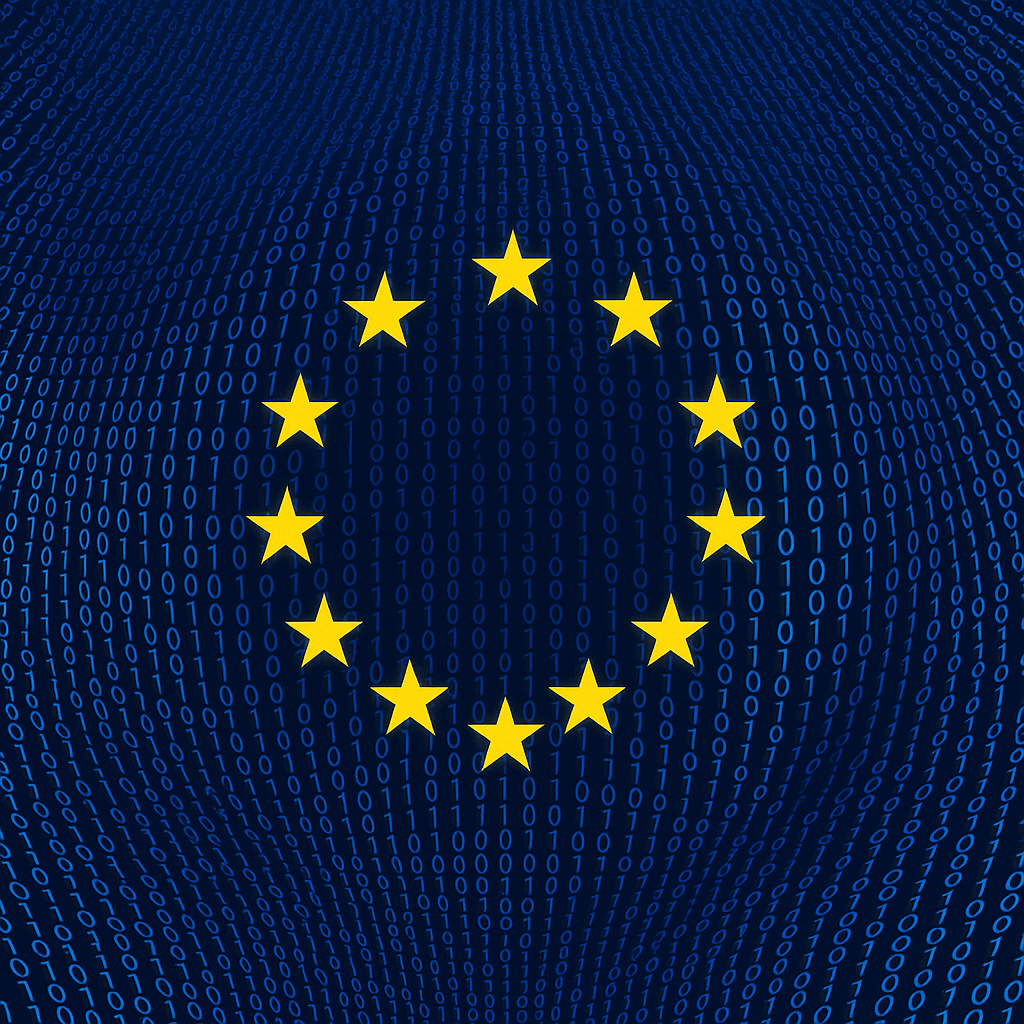One of the most striking examples cited in the article is the case of a CEO impersonation scam that led to a $25 million loss. Imagine receiving a video call from your CEO, urgently requesting a large fund transfer. Would you be able to discern if it’s truly your CEO or a convincing deepfake? This scenario underscores the potential of deepfakes to bypass traditional security measures and exploit human trust.
Beyond financial fraud, deepfakes pose a significant threat to our information ecosystem. As Khodabakhsh et al. (2019) argue, deepfakes can erode trust in visual evidence and create uncertainty, making it difficult to distinguish fact from fiction. This has serious implications for everything from political discourse to personal reputations.
While the article provides a comprehensive overview of the deepfake threat, I believe it could be further strengthened by:
- Delving deeper into the technical aspects of deepfake detection. While various techniques are mentioned, a more detailed explanation of their strengths and limitations would be beneficial.
- Providing more concrete recommendations for individuals and organizations. Practical steps to enhance security and mitigate the risk of deepfake attacks would be valuable.
- Incorporating more diverse perspectives and academic research. This would ensure a more balanced and objective analysis of the deepfake phenomenon.
Despite these minor suggestions, the article serves as a timely reminder of the evolving threat landscape. As deepfake technology continues to advance, it is crucial for individuals and organizations to stay vigilant and adopt proactive security measures. We need to be aware of the potential for manipulation and develop strategies to verify information and protect ourselves from this emerging form of digital deception.
References:
BlackBerry Research and Intelligence Team. (2024) ‘Deepfakes and Digital Deception: Exploring Their Use and Abuse in a Generative AI World’, BlackBerry Blog, 29 August. Available at: https://blogs.blackberry.com/en/2024/08/deepfakes-and-digital-deception-exploring-their-use-and-abuse-in-a-generative-ai-world (Accessed: 15 November 2024).
Khodabakhsh, S., Ramakrishnan, S., Lerman, K. and McAuley, J.J., 2019, May. Deepfakes and the epistemic backstop. In Proceedings of the 2019 CHI Conference on Human Factors in Computing Systems





